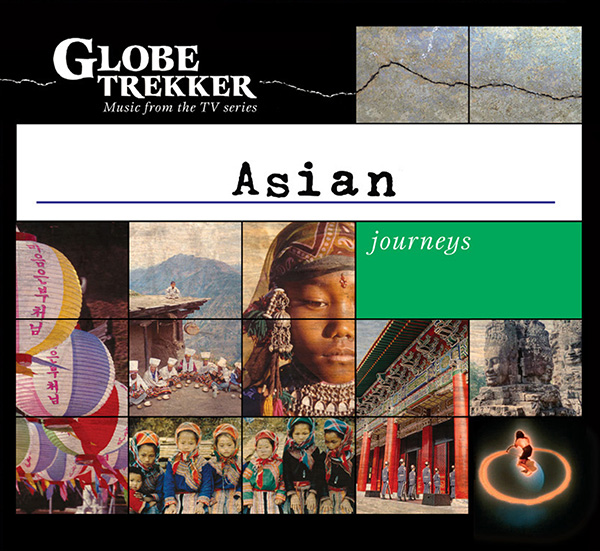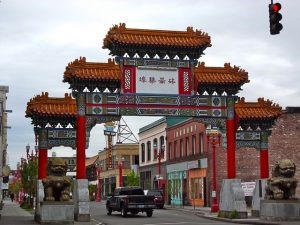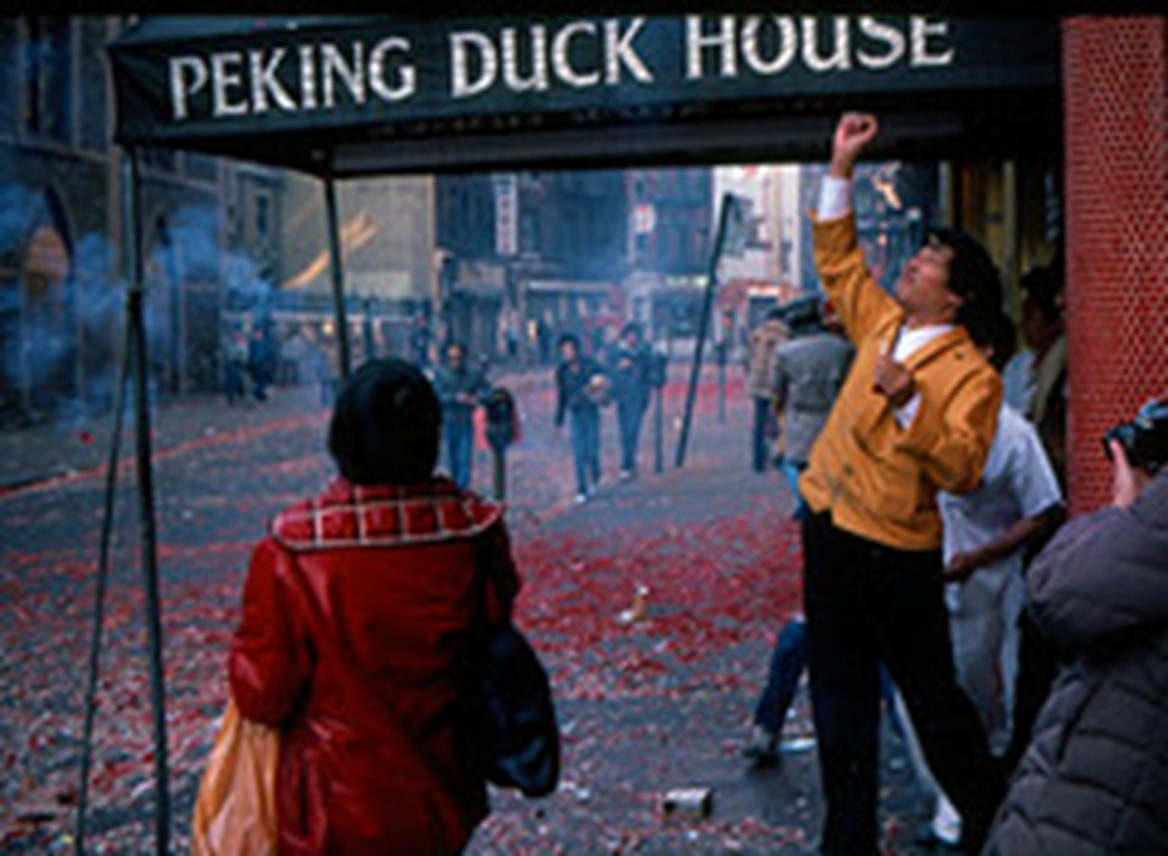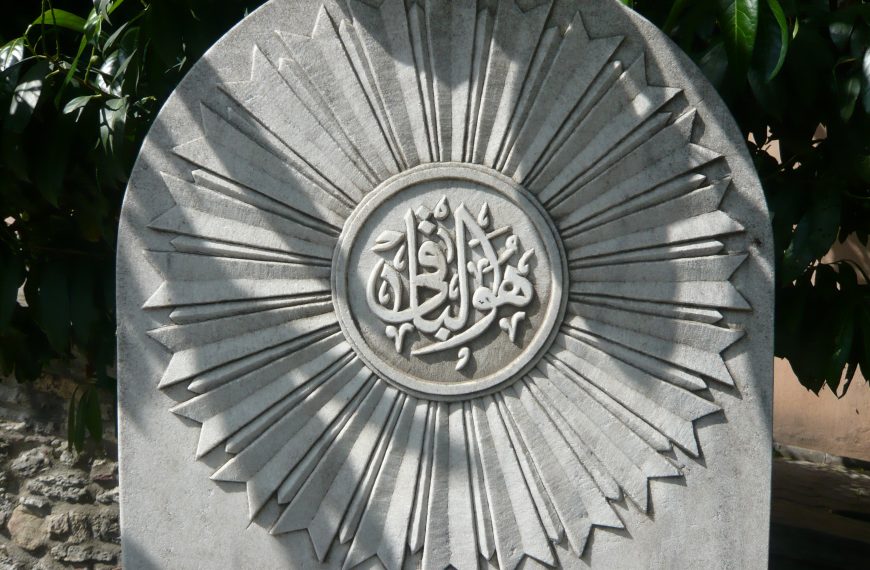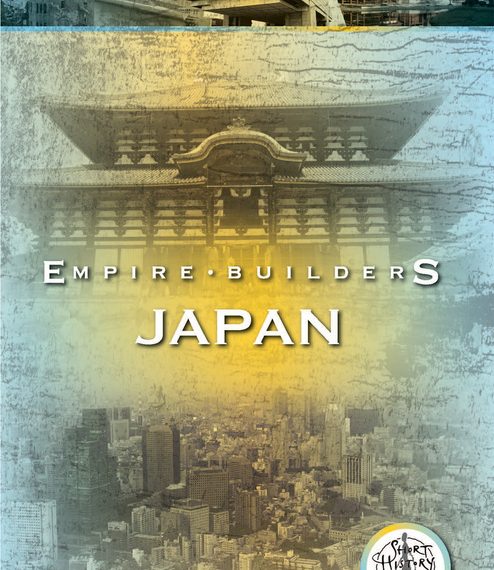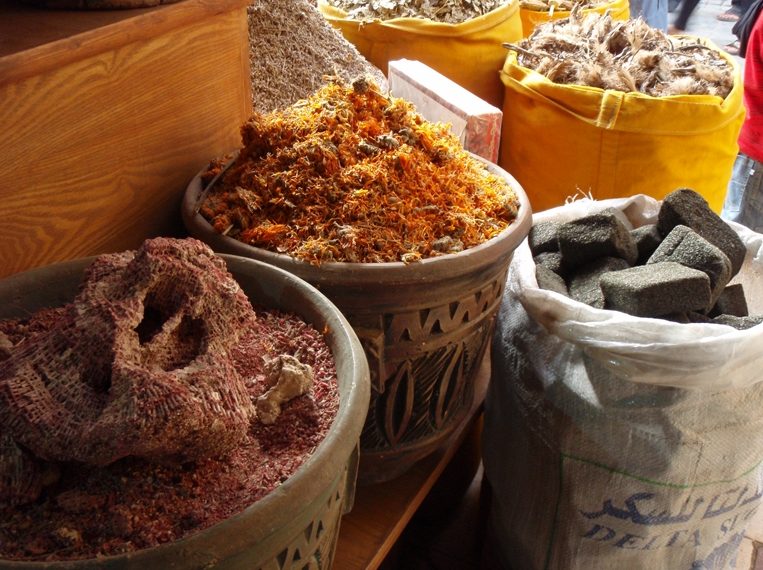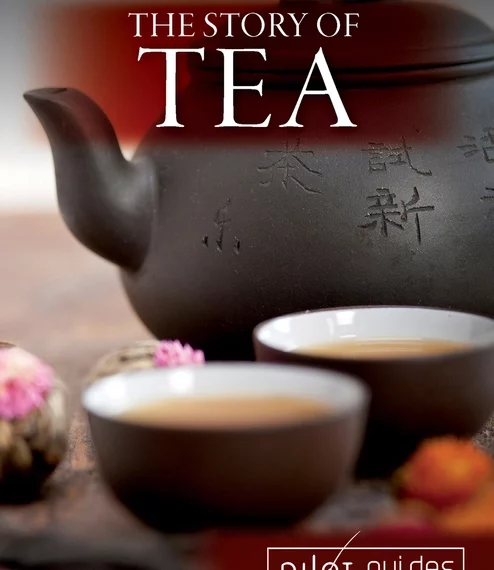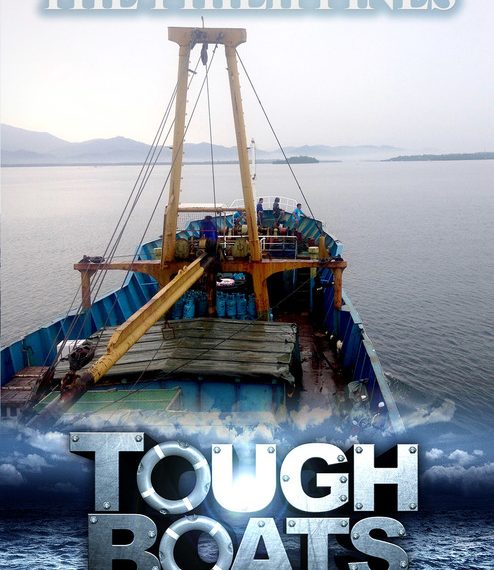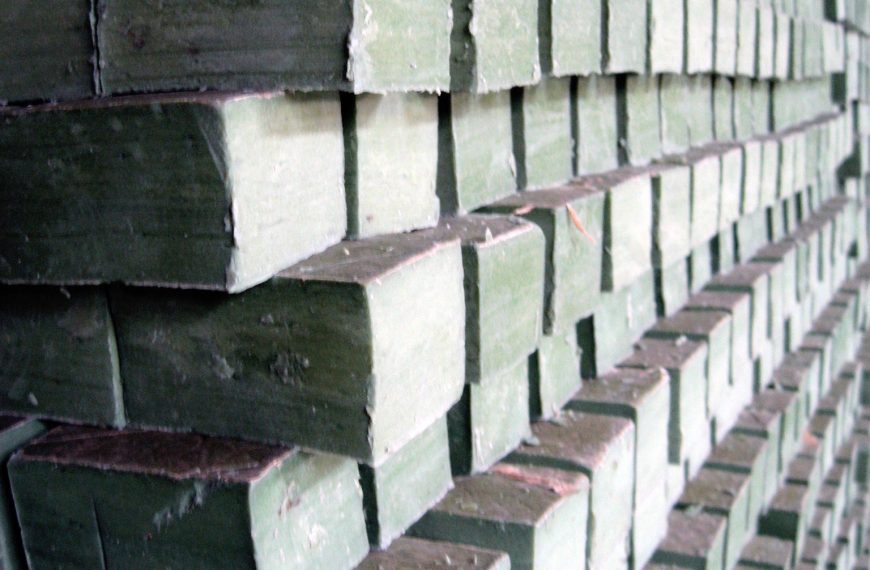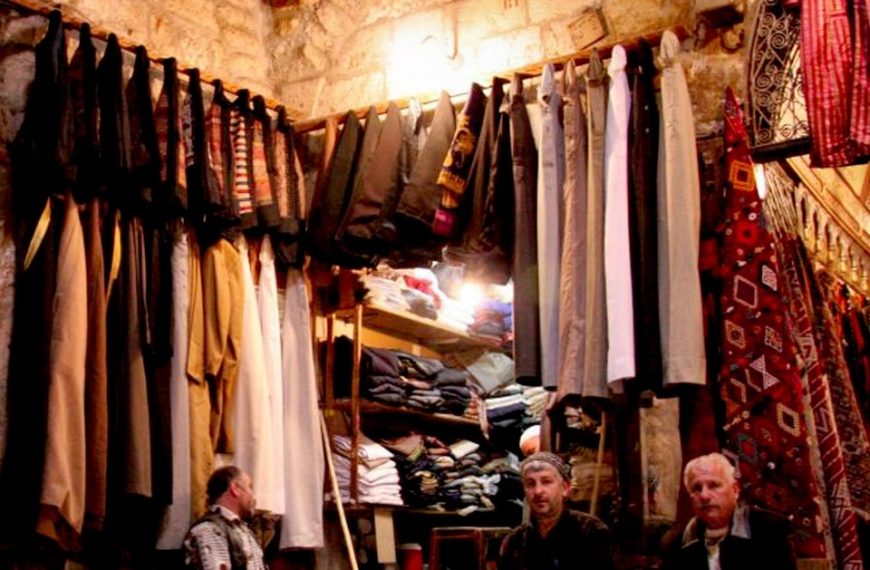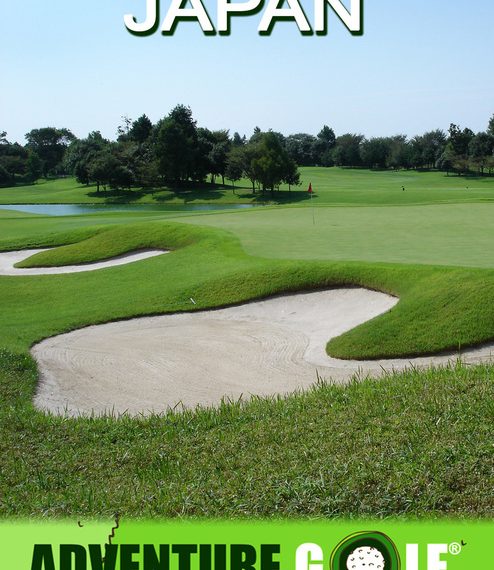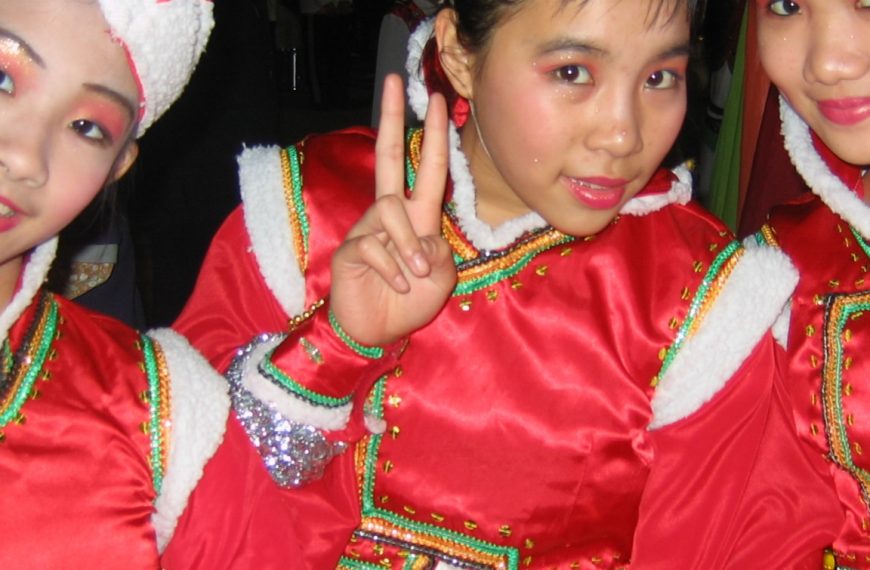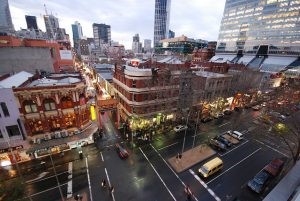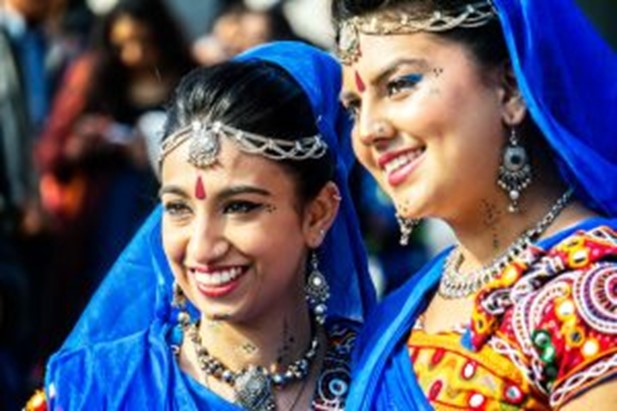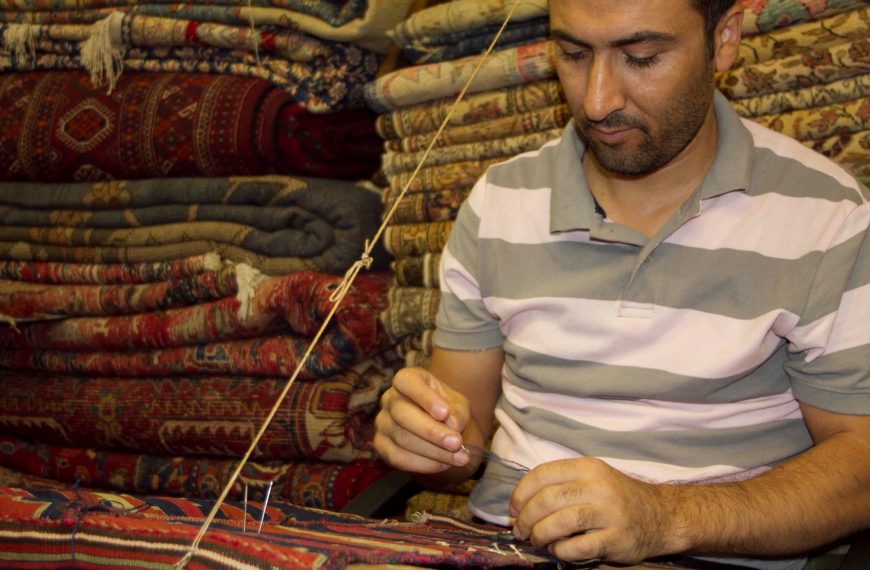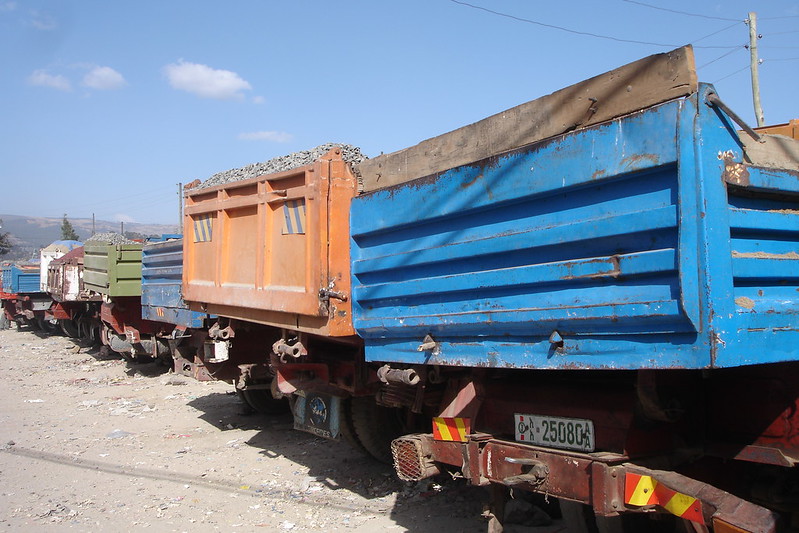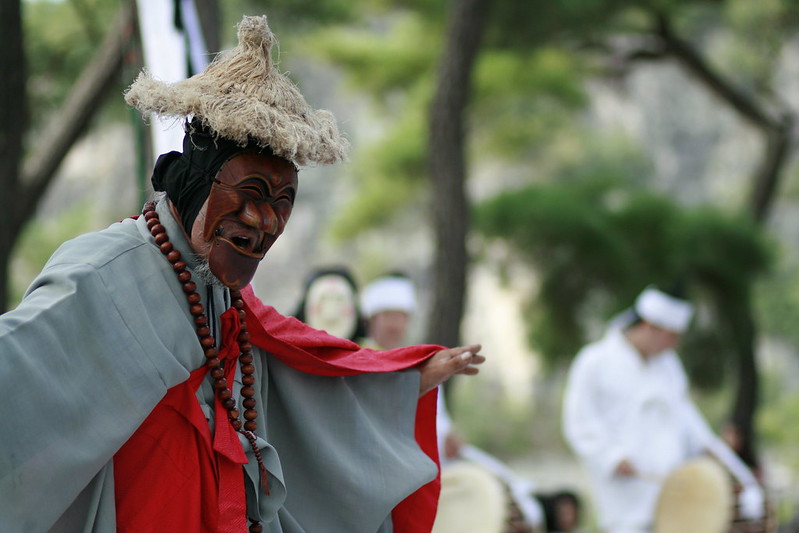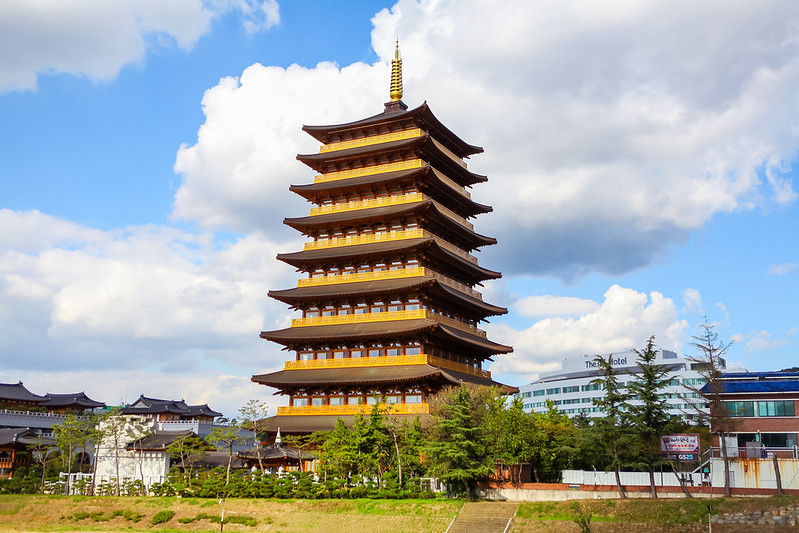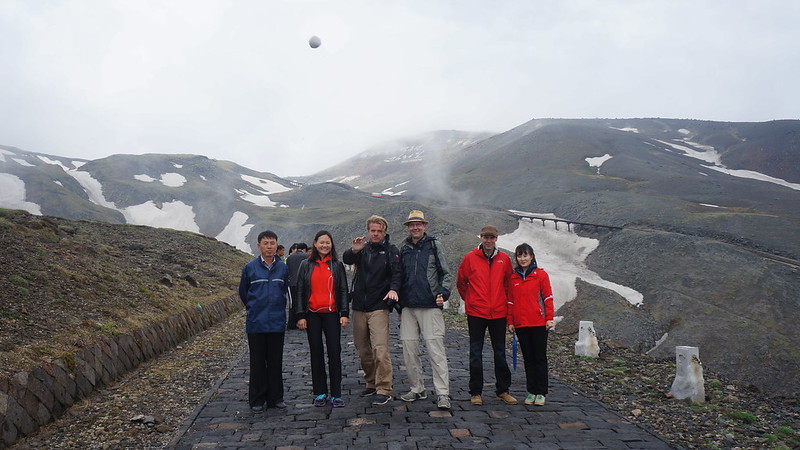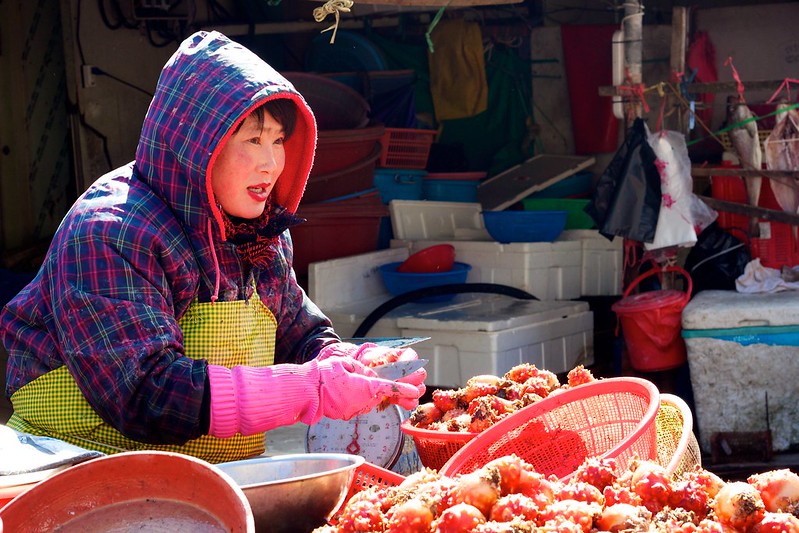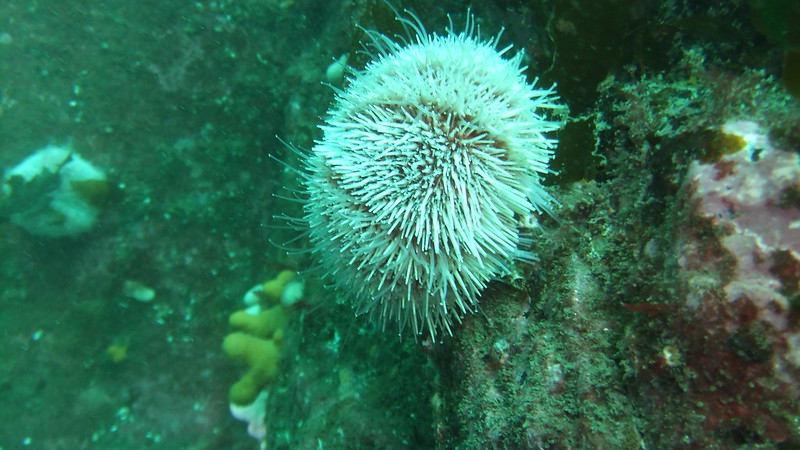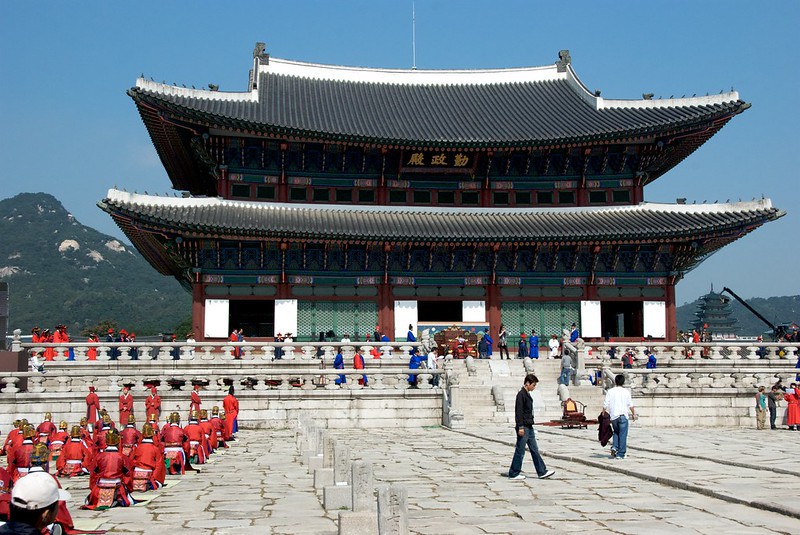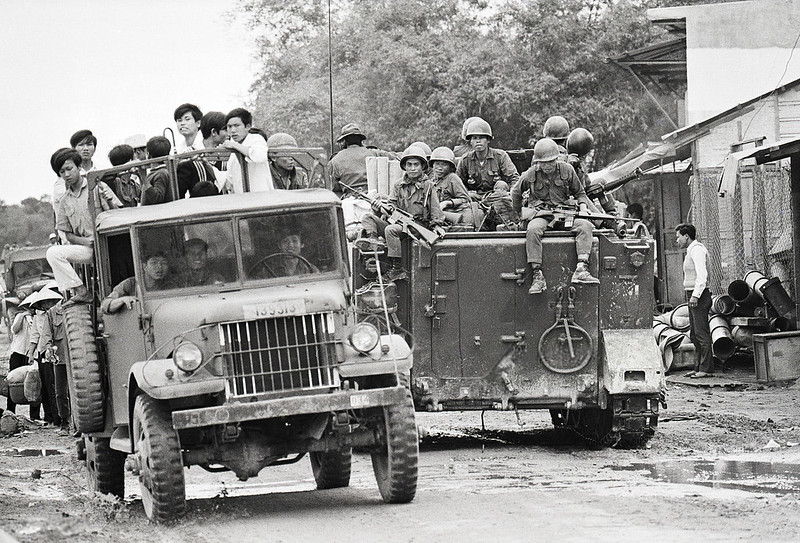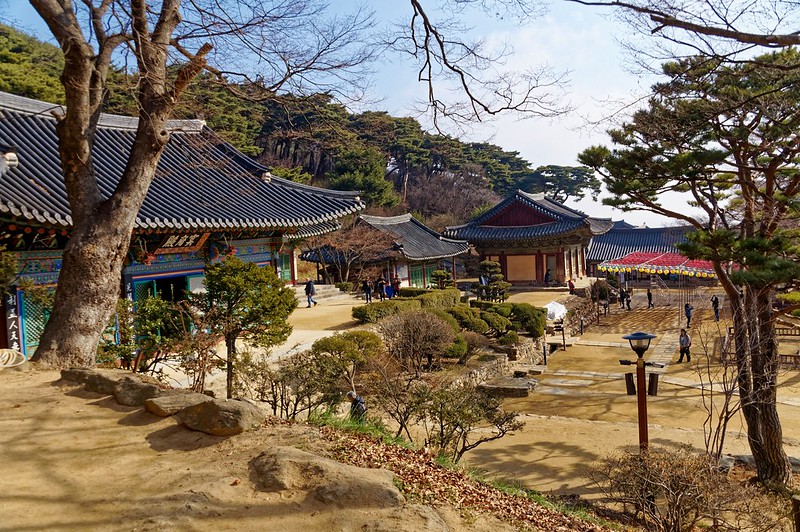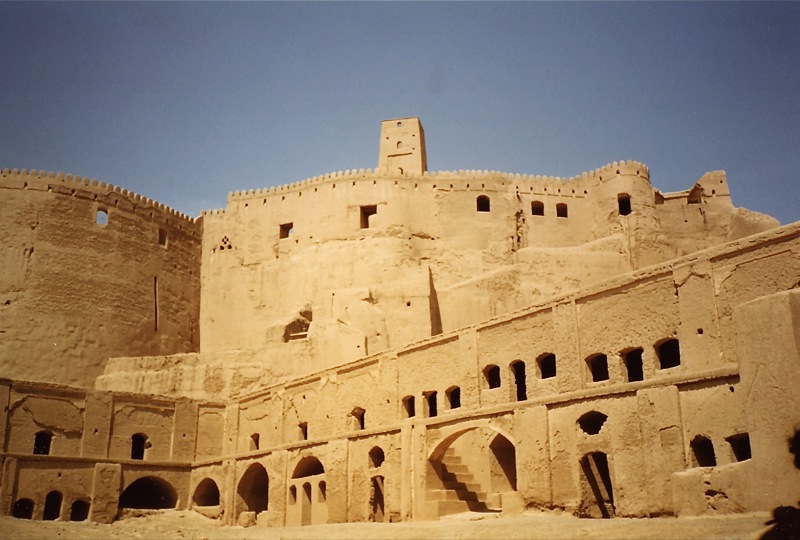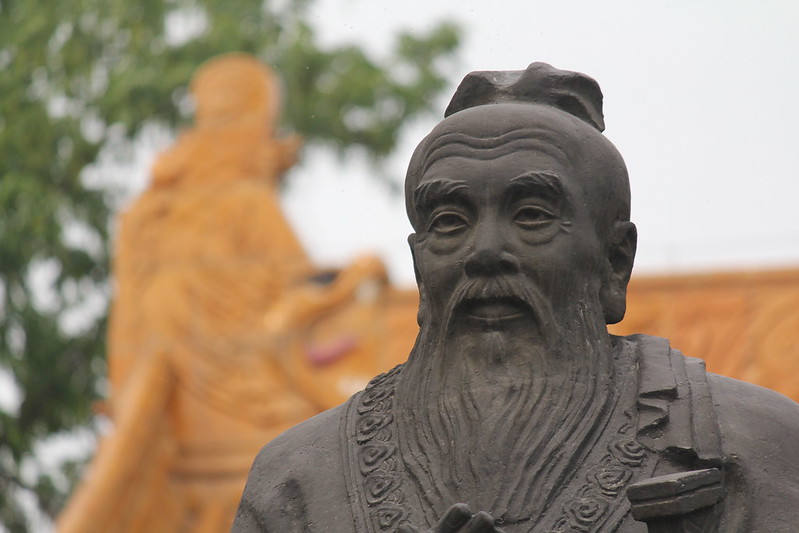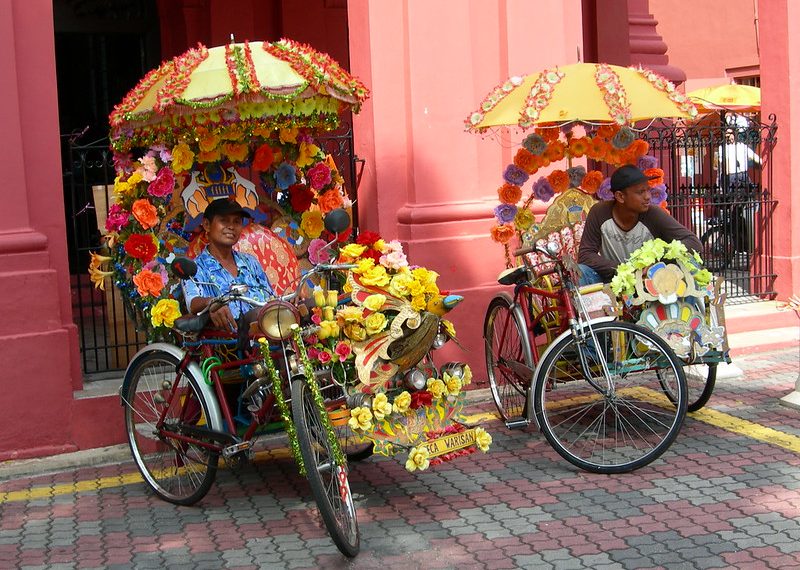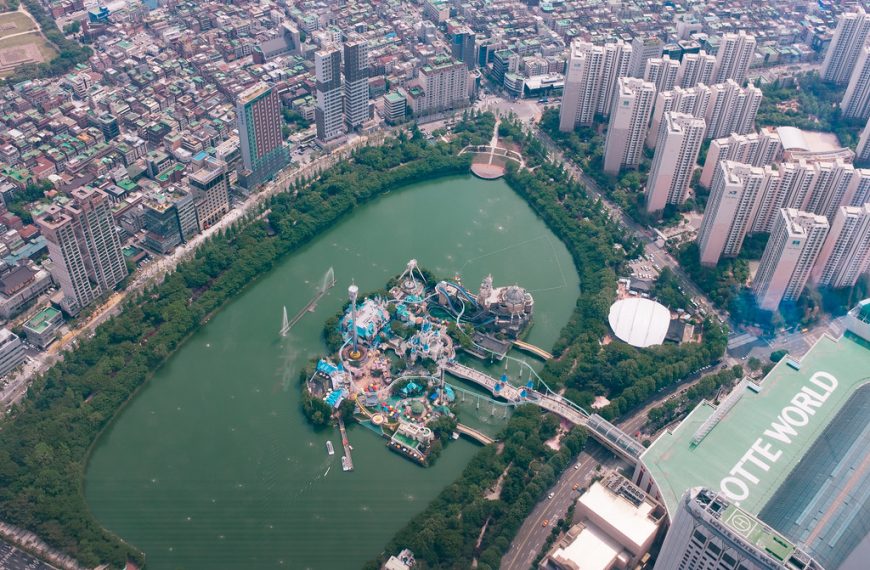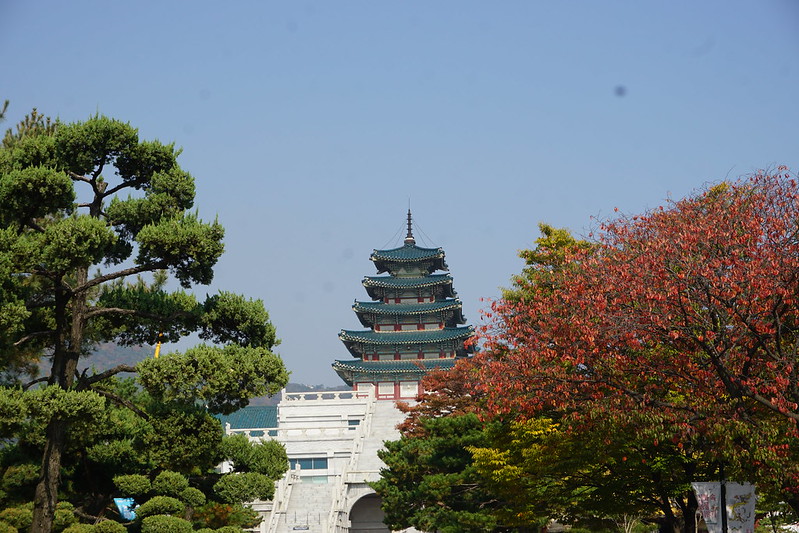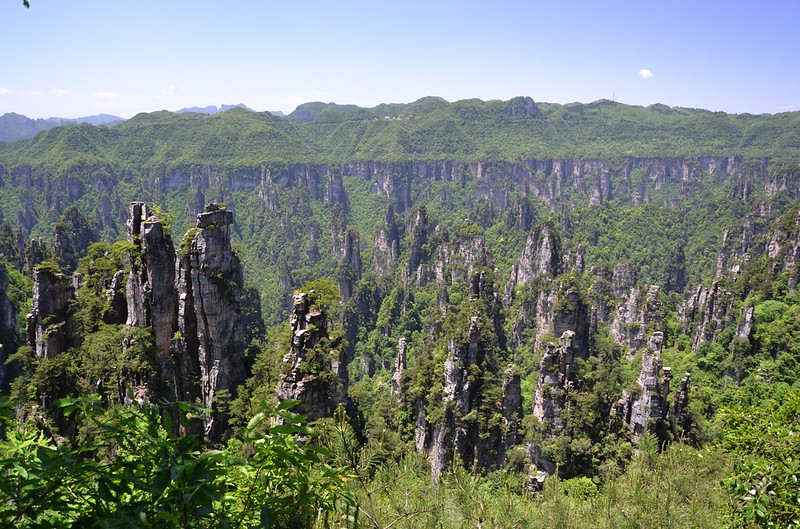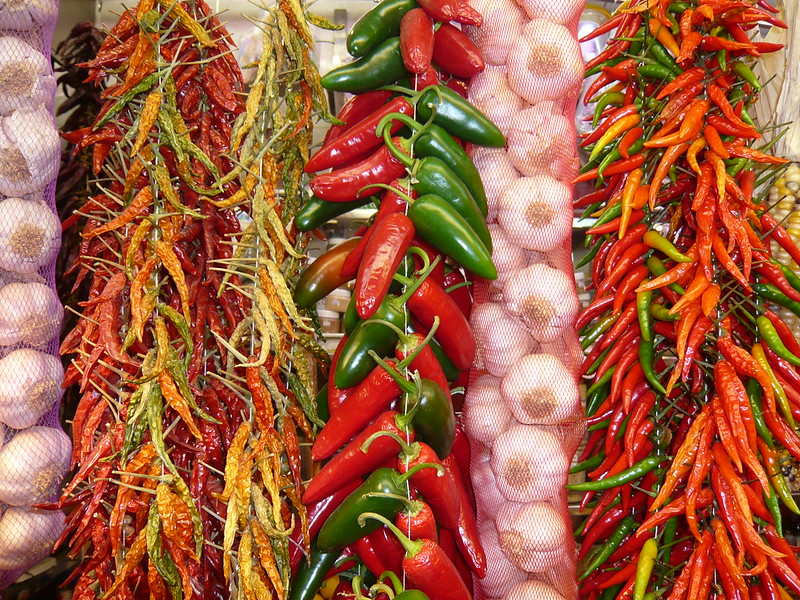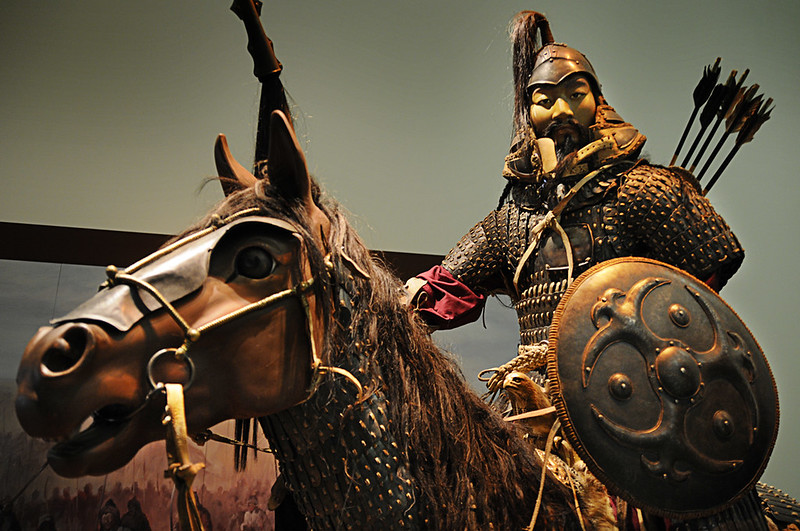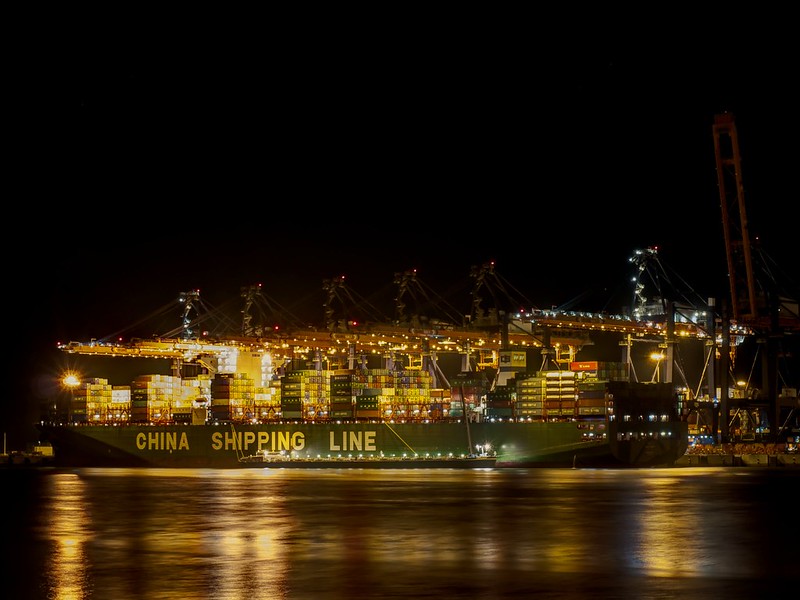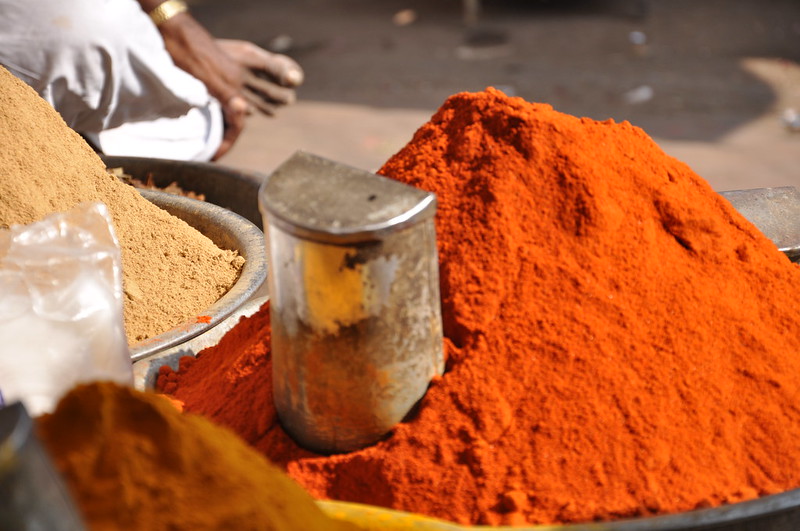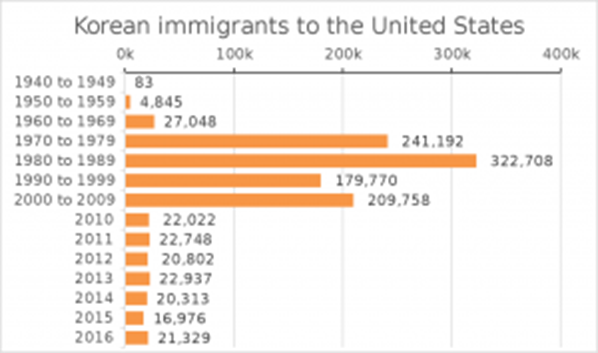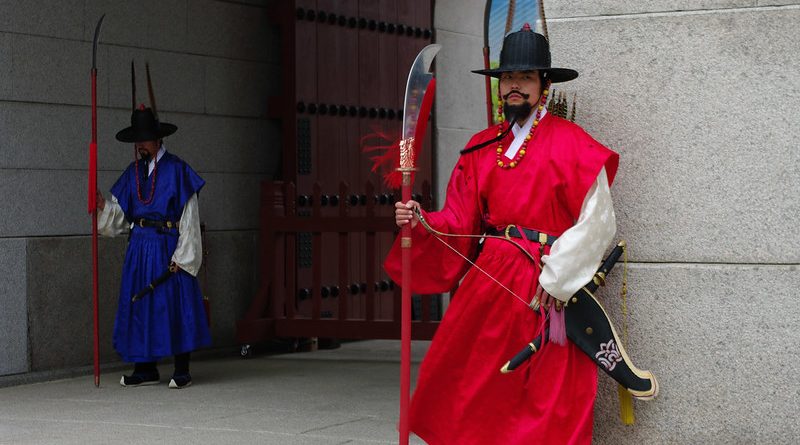
South Korea
Surrounded by the economic and military giants of Japan, China and Russia, the South Korean peninsula has long been a ‘shrimp between whales’, as a Korean proverb describes it. Today, it is a significant shrimp. South Korea’s remarkable economic achievements are well known, yet this is also a land rich in cultural heritage and esoteric beauty that has somehow remained far removed from the Asian tourist trail. Since 1988, when the Olympic Games putSeoul (home of 10 million of South Korea’s 48 million population) on the international map, the country’s international profile has grown and since the 2002 World Cup, the international awareness looks set to continue. Despite this, the ‘Hermit Kingdom’ still remains an unexplored gem.
South Korea has its northern border with North Korea. It faces China to the west across the Yellow or West Sea and Japan to the east across the East Sea. South Korea is a little bit bigger than Portugal, and most of the country, particularly the east coast, is covered in mountains – the highest is Mount Hallasan onJeju-Do island.
Read More
CashGenerally, South Korea has four distinct seasons, with a wet monsoon and summer in the middle of the year, and a very cold winter from November to March. Cheju-do off the south coast is the warmest and wettest place in the country. The best time of the year to go is either in the Spring (March-April), especially during cherry blossom season, or in Autumn (September -October) when the weather can be very clement. Of course, if you are an avid skier, the best time to go is when there is snow – December to January.
The Korean currency is the won. As a very rough guide: $1 US = c.1,300 wons For up to date currency information, check the Currency Converter. The cost of living in South Korea is generally much cheaper than Japan outside of the biggest cities. If you’re planning to be a frugal shoestring traveller, you can get by on about $25 US a day. This allows for $10 US for cheap accomodation (often in dorms, hostels or love motels), $10 US a day for food (lots of kimchi and rice) and $5 US to blow on a bottle of something refreshing. If you want to live the fast life a little more, then it would be best to budget for about $40 US a day, This allows you to stay in clean and comfortable hotel yogwans ($20 US), take a taxi or two and splash out on a Bulgogi meal in the evening. Pack according to the time of year – South Korea has the full range of weather from freezing cold in the winter to boiling hot in the summer. If you intend to go climbing mountains, good hiking boots and a waterproof jacket are very desirable. Smart but casual clothes is the best option as Koreans are naturally quite conservative. A jumper/fleece for the evenings as well as a jacket is also a must. Bring a pair of non-jean trousers if you plan to take a trip to the DMZ as jeans are not allowed. Some ideal clothing for trekking and travel is produced by The North Face, Lowe Alpine orBridgedale. South Korea is a very modern country and has a comprehensive health system. To be safe and sound, travellers should consider vaccinations for Hepatitis (all forms – the virus is endemic in Asia), Diptheria, Tetanus and Typhoid. Malaria pills and other medications should be administered only at a trusted doctor’s advice. It is recommended that you see a doctor at least six weeks before you travel. Transit Visa: With an onward tickets, vistors from virtually anywhere will be granted a stay of up to 30 days without a visa. This applies to all countries except: Cuba, China, the Phillipines, Mongolia, Nepal, India, Iran, Sri Lanka, Vietnam, Laos, Cambodia, Nigeria, Ghana, Albania, Macedonia and the 12 CIS Republics. Visa Exemptions: If you are from a West European nation you will be given a 90 day permit, or 60 days in the case of Italy and Portugal. If you are from New Zealand, Israel, Singapore, Thailand or Mexico you can also benefit from this three month deal. Tourist or Business Visas: All other country nationals (including Australia, Canada and the USA) require visas for stays of over 30 days. Check with your local Korean embassy for advice. The mainstay of Korean cuisine is kimch’i – grated vegetables mixed with chilli, garlic and ginger and left to ferment. Whatever you order, kimch’i will probably arrive with it. The national dish ispulgogi, or fire beef. Strips of beef are marinated in soy sauce, sesame oil, garlic and chilli and cooked on a hotplate at the table. The most popular street food is pancakes, including p’ajon(green onion pancakes) and pindaeddok (pancake with bean sprouts and pork). South Korea’s social life revolves around tea and coffee rooms, and the country is famous for its herbal teas. If you’re keen for something harder, keep an eye out for makkoli jip, the Korean version of the local pub. Getting lost – When wandering around, remember to take a map or business card of where you are staying with you. The house numbering system in South Korea is not, as in most parts of the world, based on a logical geographical sequence. Many streets don’t have names and many houses don’t have numbers. The best way around this is to make sure you have a map of where you are staying, so that you can get home at night. Telephones – some of the city dialling codes that you may require are: Seoul 02, Busan 051, Geongju 031, Cheju-do 064. The Koreans are a deeply religious people who see nothing contradictory in professing to adhere to several faiths at once. Around 25% of the population are practising Christians, and nowhere else in Asia, with the exception of the Philippines, have proselytising missionaries been so successful. The religious make-up is around half Christian and half Buddhist, with minorities practicising Confucianism, Shamanism and Chondogyo (Religion of the Heavenly Way). Some of the religions can get quite weird – devotees of the religious cult leader Park Tae-Sunused to drink the water he washed your feet in. And a sect called the Two Incantationsbelieves that South Korea is a large phallus and that Paraguay is ‘like the pubic region of a woman’ . The leaders of the sect have visited Paraguay and held healing sessions there.Shamanism is a major issue in Korea as well, and there even used to be a shaman who venerated Douglas MacArthur (legendary US General who led troops in the Korean war). To get a full understanding of the Koreans’ spiritual longing pay a visit to the Full Gospel Church, which boasts the largest congregation in the world with 700,000 devotees praying every weekend at the central church. Such a logistical exercise means that the church has to take 50,000 worshippers in turn in a constant, 24 hour rotational vigil. Seoul is the place to party when you are in South Korea and it certainly can get wild. Koreans are said to be the Irish of Asia, because they love to croon a tune, dance a jig and make merry. There are a dizzying array of drinking establishments that can make up an evening, depending on your mood – from the makkoli jip saloon bar to the karaoke bar and theme pub. Drinking is a main and inescapable part of Korean culture, so much so that some job contracts nowadays even account for liver failure and sickness due to alcoholism as being part of the job description. Just as an indication for the riotous nature of Korean drinking culture, two highlights include a Nazi bar (where all the waiters are bedecked in Black shirts and swastikas) and afancy dress bar where you can don a costume of before you head in for a drink. The favoured drink in Korea is Moet Hennessy – so you may well find yourself enjoying this tipple before the night is out! There is a feeling of Korean ‘jeong‘ – a propensity to feel and demand loyalty and trust from the people within their small group – tribalism is quite developed here. There is also a real sense of ‘che myun’ – saving face. Essentially, Korean society is based on the tenets of Confucianism, a system of ethics developed in China around 500 BC. Confucianism is centred around devotion and respect – for parents, family, friends and those in positions of authority. Confucius also emphasised justice, peace, education, reform and humanitarianism. In modern Korean society, Confucianism is most noticeable in relations between people. The Five Relationships prescribe behaviour between ruler and subject, father and son, husband and wife, old and young, and between friends. If you fall outside any of these relationships, you do not, effectively, exist. Many travellers to South Korea find the locals rude: they’re probably not, chances are they just haven’t noticed you. Once you’re introduced to someone, you’ll fall within the rules for friends and things will start looking up. Suppliers for trekking and travel clothing:Climate
£1 = 1800 wons
€1 = 1,150 wonsDress
Health
Visas
The good news for travellers from these countires is that you will be granted a 30 day stay if you have already been issued with a visa to the USA, Canada, Australia, New Zealand or Japan. The bad news is that the 30 days are not extendable and there are steep fines for trying to stay on longer.Food
Travellers tips
People
Nightlife
Cultural Values
MORE INFORMATION
The North Face,

